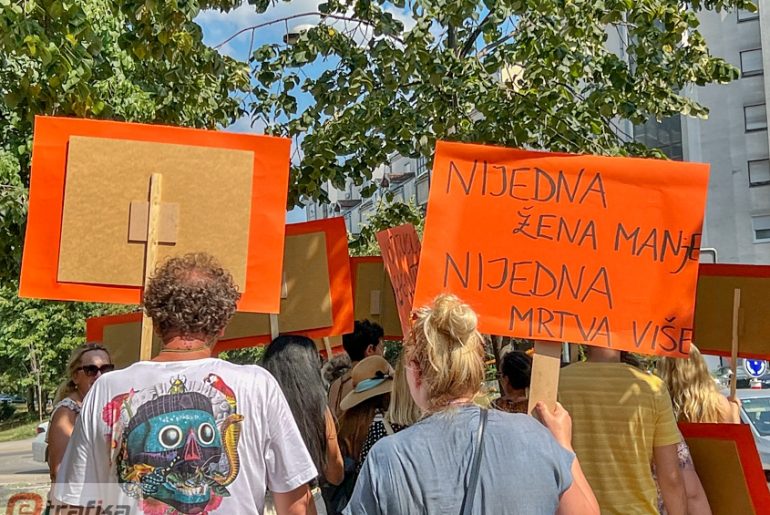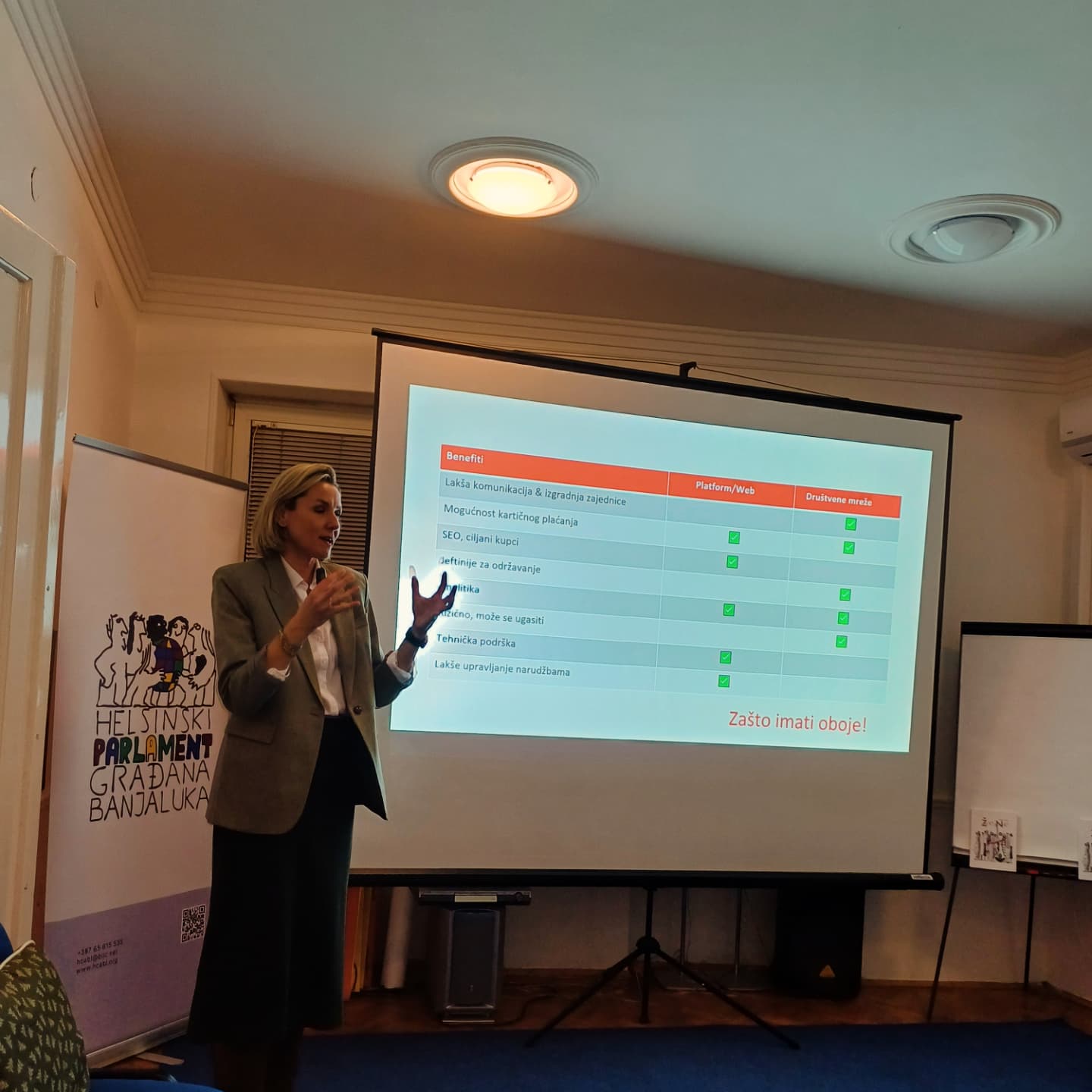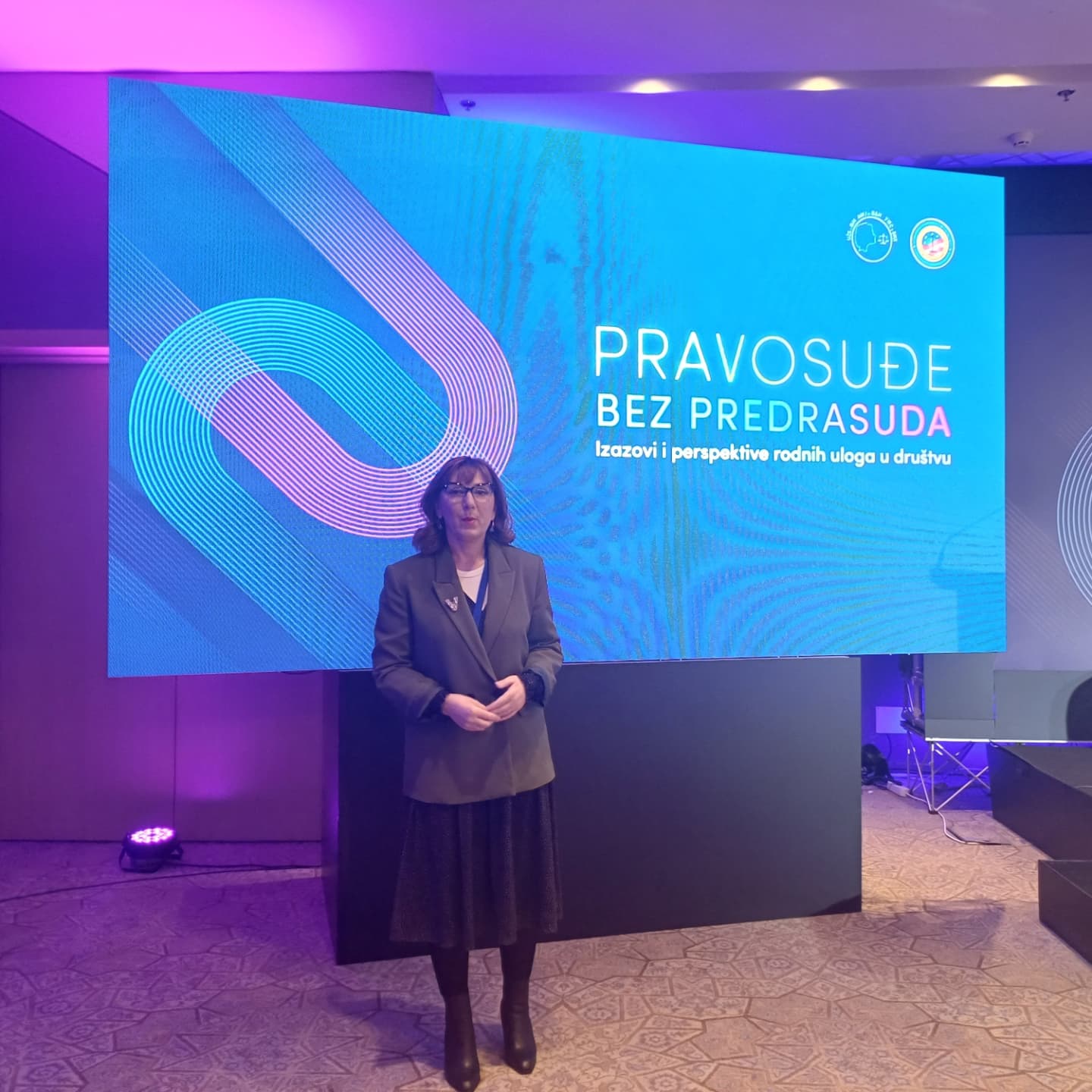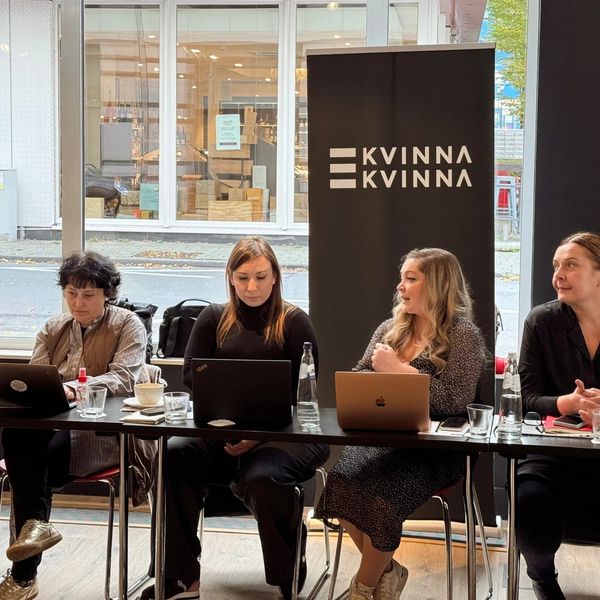As a sign of solidarity with the victims killed in Gradačac and Živinice, as well as those whose death did not attract much public attention, today in some BH cities was stopped the traffic, while in others were organized peaceful gatherings.
Written by: Vanja Stokić; Photo: Vanja Stokić
About thirty citizens gathered in Banja Luka, who walked through the city with banners and whistles.
“We want to point out everything that happens before the femicide itself, before the murder of a woman. These are usually reports of violence and long-term violence. We want to point out the obligation and responsibility of institutions to respond to reports of violence. To provide help, support and protection to women. And above all, when they report violence, to believe them and to act in accordance with the prescribed norms. According to our data, about 70 women were killed in seven years”, says Gorica Ivić from the “United Women” Foundation.
She adds that the Foundation in the territory of Republic of Srpska has recently recorded a greater number of reports of domestic violence. However, she points out that it is not about an increase in violence, but about greater awareness among women to report violence.
“When a report is made, it is very important whether the person who receives the report will believe the woman, whether he/she will start the procedures. We appeal to the institutions to react, to act in accordance with the prescribed norms, to record every report of violence and forward it to the prosecutor’s office. To assess the risk of repetition of violence and, depending on that risk, to impose protective measures and use other protection mechanisms, so that there are no murders of women”, emphasizes Gorica Ivić.

Photo: Vanja Stokić
As she states, the existing legal framework in the Republic of Srpska is solid. According to the valid procedures, the police, prosecutor’s office, courts, educational institutions, health institutions and centers for social work are obliged to react urgently.
“The measures imposed, which should be measures to protect the victim of violence, are not a sanction. Regardless of whether there will be criminal proceedings, these measures can be imposed, which in principle rarely happens,” she reminds.
In recent years, civil society organizations in BiH have been advocating for the introduction of femicide into criminal laws, as a separate criminal offense.
“It would be realistic to expect that femicide be prescribed as a form of aggravated murder and that a stricter punishment be prescribed. We as a society have to react differently, to observe these cases differently. These are socially dangerous acts, they must be given more attention by the police and all institutions, such as courts, prosecutor’s offices, centers for social work. They must not wait for the victim to report violence several times, to wait for some serious form of physical injury or murder, and then for the institutions to fight among themselves”, points out Aleksandra Petrić from the “United Women” Foundation.

Photo: Vanja Stokić
Citizens who do not report the violence they witness, even though they are legally obliged to do so, are also a big problem. Anyone who has information about violence is obliged to inform the institutions about it. Instead, reminds journalist Milkica Milojević, bullies are given places of honor in society.
“Usually when someone says in a bar, ‘I’m going to kill a whore,’ they say, ‘Let the fool go.’ And then the fool goes and actually kills the woman. When one of us said: ‘No, I will not be at this celebration, this event, this wedding, if the place of honor is occupied by someone whom I know beats, humiliates and insults his wife.’ Never. Rather, these bullies often present themselves as very respectable members of society. And we either accept it or silently pass over it,” points out Milkica Milojević.
On average, ten women are murdered in Bosnia and Herzegovina every year. The perpetrators are mostly their partners.
Text and photos downloaded from: www.etrafika.net





